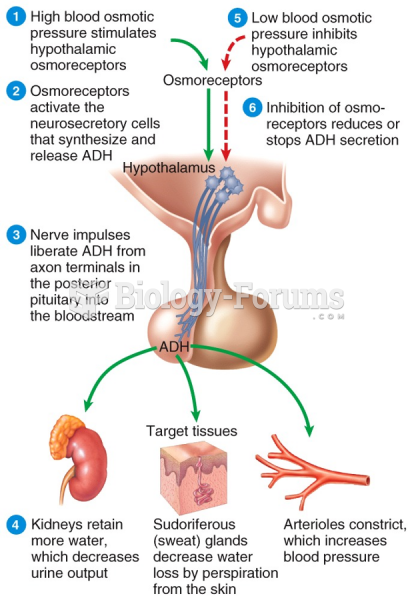This topic contains a solution. Click here to go to the answer
|
|
|
Did you know?
Allergies play a major part in the health of children. The most prevalent childhood allergies are milk, egg, soy, wheat, peanuts, tree nuts, and seafood.
Did you know?
Bacteria have been found alive in a lake buried one half mile under ice in Antarctica.
Did you know?
The modern decimal position system was the invention of the Hindus (around 800 AD), involving the placing of numerals to indicate their value (units, tens, hundreds, and so on).
Did you know?
The most common treatment options for addiction include psychotherapy, support groups, and individual counseling.
Did you know?
The people with the highest levels of LDL are Mexican American males and non-Hispanic black females.






